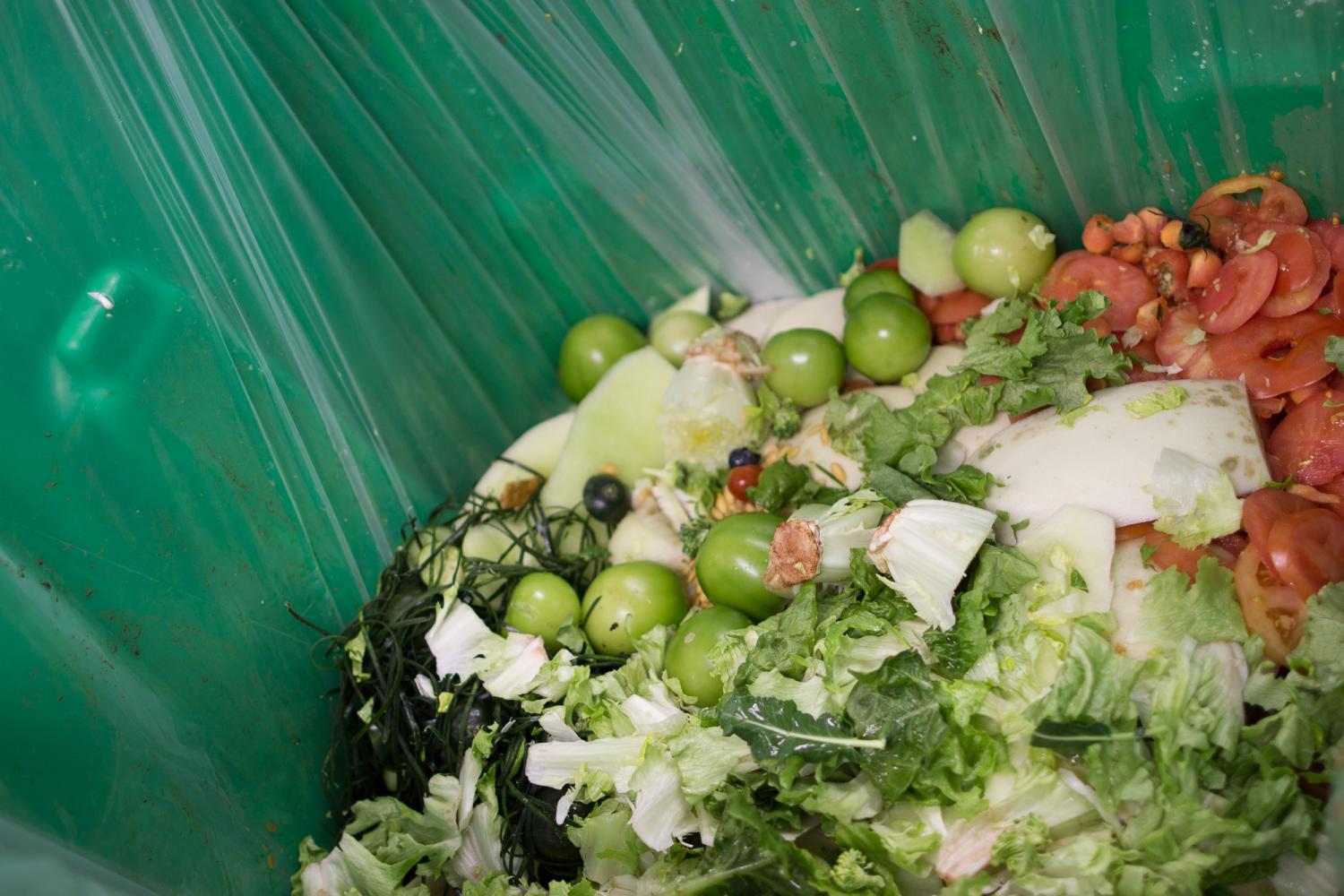Of all the food produced for human consumption, approximately one third or 1.3 billion tons, ends up as food waste, according to the Food and Agriculture Association. The volume of that amount of food is immense and almost unimaginable. This issue has been debated many times before, and solutions and remedies have been suggested and tried. Now, RIT will step up to the plate to combat rising food waste.
The Student Environment Action League (SEAL), in conjunction with the Senate’s Sustainability Committee, is implementing a pilot study to determine the feasibility of composting on campus. SEAL has been an active force in the RIT community in recent years. The group hosts multiple events aimed at educating the RIT community and beyond on environmental issues.
Composting is the act of bringing nutrients back to soil, by “composting” organic waste. This helps to ensure that nutrients are cycling through the ecosystem efficiently and not being wasted. The study will involve the participation of specific residential areas, and will attempt to educate students on the benefits of disposing of food waste properly. An initiative like this is especially important on a community scale. RIT influences much of the area around Henrietta and Rochester. When its graduates expand back out into Rochester, they’ll be able to take this information and lifestyle with them and promote healthier and more environmentally friendly habits in their communities. This new wave of environmentally conscious individuals, cultivated on RIT's campus, can be part of a change we see in the future of reduced food waste.
Leading the initiative is the Sustainability Committee’s chair and former SEAL president, fourth year public policy student Cassidy Putney, who believes the pilot will help determine whether something like this can be brought into a wider scale in the future.
“Right now, we’re just going to test its feasibility,” Putney said, “It’s hard to see the purpose of the investment at first… I believe the numbers will prove it.”
The pilot study will observe the costs of composting in specially selected University Commons (UC) buildings. The buildings chosen will be those where a collection tote can be easily reached by students. The residents are not required to participate, but must attend a meeting on composting if they choose to participate.
The meeting will go into detail about what kinds of materials are allowed and what kinds of materials must still be considered ordinary waste. The meeting will also answer any questions students may have, and Putney believes students will gain a lot of knowledge through it.
“They need to have the right info,” Putney said. She believes students will then take this knowledge and apply it once they leave RIT and move into other communities.
“You need to give them the option, they’ll make the right kinds of choices.”
Once the students have the knowledge they need, they will receive a bucket they can place under the sink and use to collect any compostable materials when they make their food.
As some compost might be “contaminated” due to ordinary waste materials being present in the mix, volunteers will sift through the mix to remove any items such as paper, which Putney says they “already have a surplus of.”
The goal of this project is to increase environmental awareness of food waste and the sort of impact individuals can make. Putney said that all it takes is for students and community members to educate themselves and get involved. She pointed to Stanford and New York City, who have implemented an extremely successful composting program in recent years; Putney was involved with the latter when she lived there. The worst thing is to be “uninformed” about the issue and solutions available to remedy it. If the pilot is successful in its economic feasibility, the initiative will be implemented on a campus wide scale.
“This is to incur change, and we really want people to be educated,” Putney said.
We as a society all have an obligation to take care of our resources and watch what we consume. With the help of advocates like Putney and organizations like SEAL, we can make a difference in the environment and carry these lessons forward to other communities.
If any student wishes to get involved in SEAL, Putney encourages them to come to their meetings on Mondays from 5 to 6 p.m. in the Campus Center.








